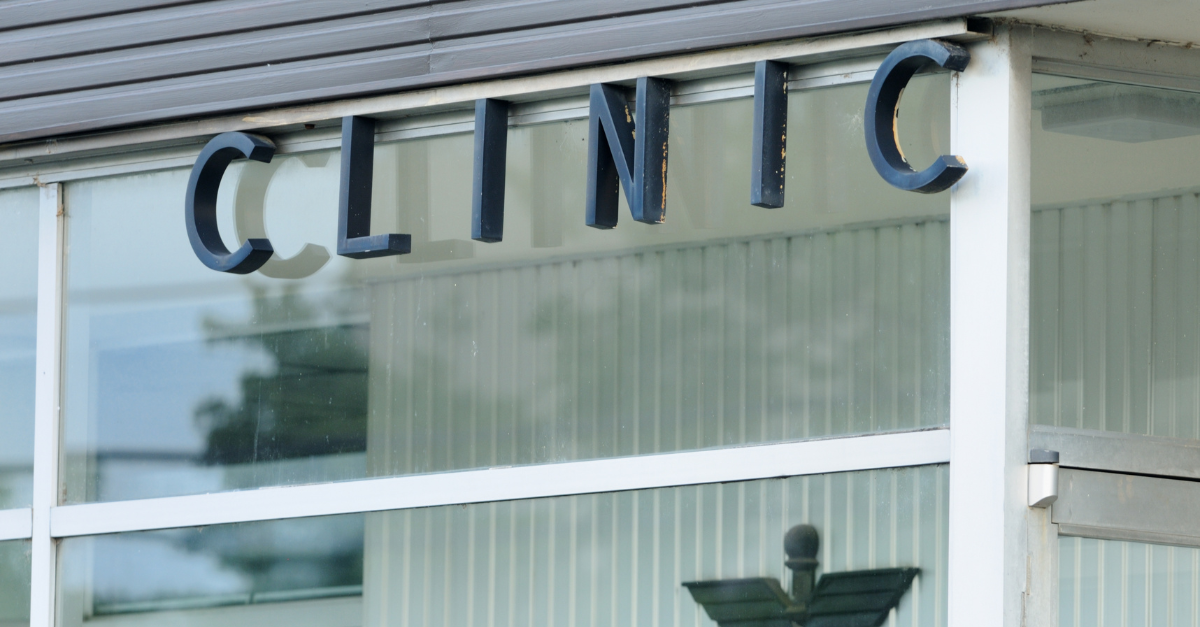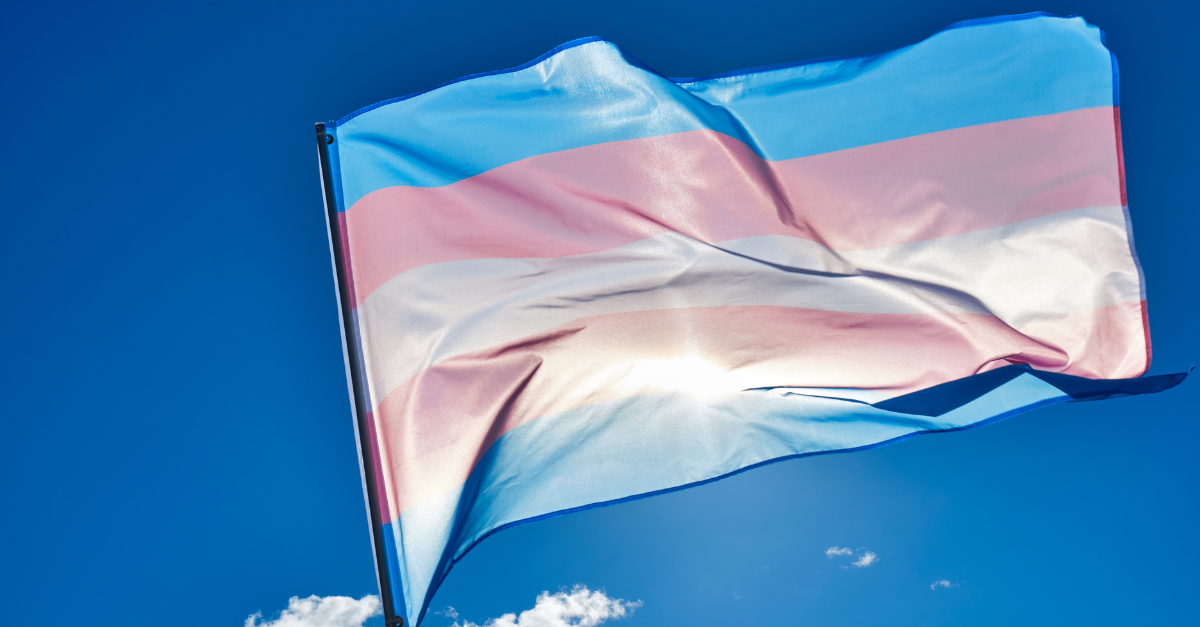NWLC Amicus in Adams v. School Board of St. John's County (11th Cir En Banc)
Update: On December 30, 2022, the Eleventh Circuit, sitting en banc, issued a 7-4 decision reversing the trial court’s decision and upholding the school’s policy of excluding transgender students from restrooms that align with their gender. The majority opinion, in finding that the school could separate restrooms based on an unsupported definition of “biological sex,” contradicts every other circuit that has considered the question. As the four dissents make clear, the court’s opinion ignores both the facts in the record and relies on dangerous stereotypes that put transgender students in harm’s way.
On November 23, 2021, the National Women’s Law Center, along with their law firm partner Quinn Emanuel Urquhart & Sullivan, LLP and 50 additional organizations committed to gender justice and LGBTQ rights, submitted a motion to file an amicus brief to the full 11th Circuit Court of Appeals in Adams v. School Board of St. John’s County. NWLC filed their proposed brief in support of Andrew Adams, a transgender boy who was prohibited from using the boys’ restroom at his high school in Florida. Their brief urges the 11th Circuit to affirm the lower court’s decision, which correctly held that the school’s bathroom policy discriminates against transgender students in violation of the Equal Protection Clause and Title IX.
The NWLC previously filed an amicus brief in this case in March 2019, resulting in a great decision from an 11th Circuit panel in Andrew’s favor. But the full 11th Circuit has decided to revisit the opinion, placing Andrew’s win in jeopardy. NWLC brief explains why the court got it right the first time and describes the harms that would flow from a bad decision, while debunking the myths and stereotypes that the school’s arguments rely on. While the school claims that allowing transgender students to use the restroom in line with their gender identity would pose a risk to cisgender girls, they explain that there is no evidence that this is true. In fact, hundreds of schools across the country have, for years, allowed students to use the restroom consistent with their gender identity, with no effect on the safety of cisgender students. On the other hand, their brief explains that exclusionary restroom policies cause real harm to transgender students, who face greater risks to their safety and well-being in restrooms that do not align with their gender identity or who may forgo using the school restroom at all, to the detriment of their health. Excluding transgender students from the correct restrooms, we argue, violates these students’ right to a safe educational environment free from sex discrimination as promised by federal law. For these reasons, their brief urges the 11th Circuit to reject the false narratives underlying discriminatory school restroom policies and affirm the lower court’s decision.





